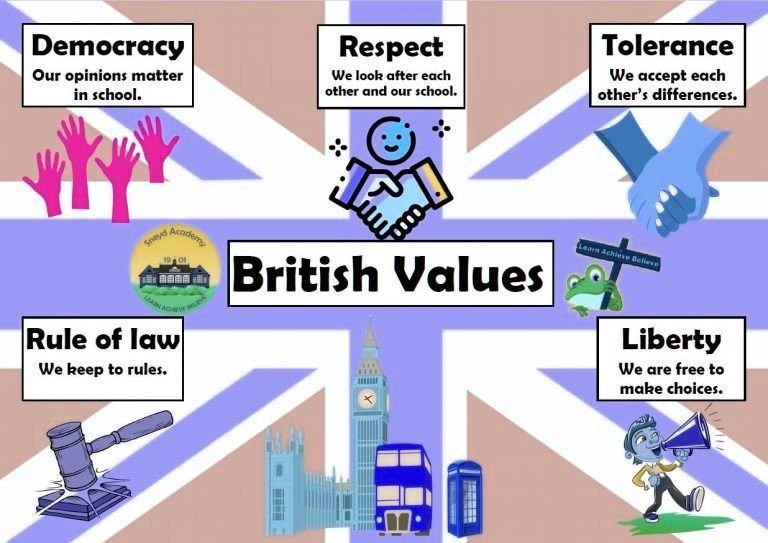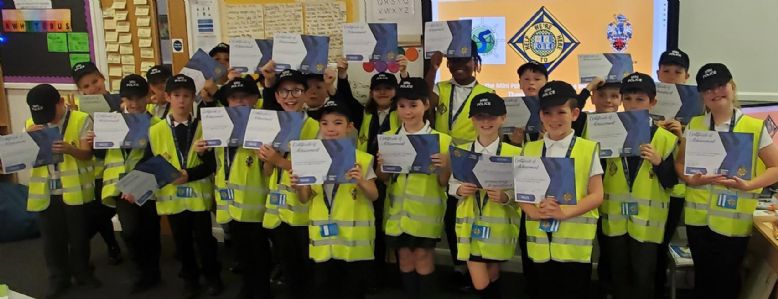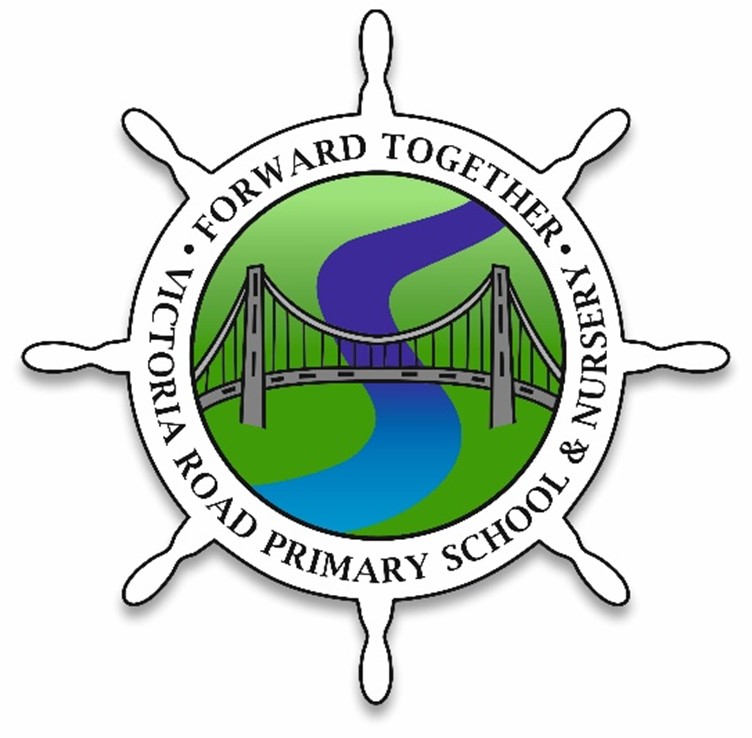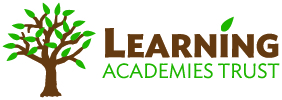PHSE
Intent : Why do we teach what we teach?
Personal, Social, Health and Economic education (PSHE) is a planned programme of learning through which children acquire the knowledge, understanding and skills they need to manage their lives now and in the future.
As a multi-academy trust, we will provide a curriculum which meets the needs of all children. Section 78 of the Education Act 2002, and the Academies Act 2010, stipulate that such a curriculum ‘satisfies the requirements … if it is a balanced and broadly based curriculum which:
- promotes the spiritual, moral, cultural, mental and physical development of pupils at the school and of society, and
- prepares pupils at the school for the opportunities, responsibilities and experiences of later life.
This is essential to Ofsted judgements in relation to personal development, behaviour, welfare and safeguarding.
PSHE education is vital to our curriculum and to meeting the schools’ requirement to promote pupils’ health and wellbeing. The Department for Education (DfE) has made it clear that schools should make provision for PSHE education.
As part of a whole school and MAT wide approach, PSHE develops the qualities and attributes children need to thrive as individuals, family members and members of society. PSHE education should address both pupils’ direct experience and preparation for their future.
Our overarching aim for PSHE education is to provide pupils with:
- relevant knowledge as appropriate to their age and stage of learning
- opportunities to enhance their personal knowledge and understanding
- opportunities to explore, clarify and if necessary, challenge their own and others’ values, attitudes, beliefs, rights and responsibilities
- the language, skills and strategies they need in order to live a healthy, safe, fulfilling, responsible and balanced life.

Implementation : What do we teach and why?
Our programme of learning is based on six ‘core themes’:
- Being me in my school/world
- Celebrating Difference
- Dreams and Goals
- Healthy Me
- Relationships
- Changing Me
At Victoria Road, we use the Jigsaw programme to structure our PSHE education scheme of work. Lessons are delivered weekly and as interventions, as necessary. This mindful approach to PSHE covers all statutory aspects of Relationship and Sex Education (RSE) along with Health education. These lessons are tailored and personalised to address specific needs within classes and supplement whole school events, such as having visitors in school to talk about local links to Parliament and taking part in Healthy Eating Week. The concepts of each term are introduced to the whole school through a ‘Cultural Capital’ assembly, further promoting the importance of Jigsaw PSHE lessons to the whole school community. The scheme encapsulates Modern British Values education and spirals, building progressively to prepare our children to be resilient in our ever-changing world.
Whilst our spiraling curriculum identifies a broad range of important issues that pupils should learn about, we feel it is essential that our children’s experience of PSHE education is not simply a series of ‘one-off’, disconnected sessions each on a different topic and focusing only on factual content. The curriculum will provide a relevant context for pupils to both broaden and deepen their understanding of the key concepts and to develop competence in the essential skills. We therefore aim to provide a cohesive, progressive PSHE curriculum which will prepare our children to become happy, well-rounded and successful citizen in today’s society.

The Jigsaw Approach for the Early Years Foundation Stage:
The Jigsaw Approach has mindfulness underpinning it. This means that as well as teaching information and skills to empower children to learn now, and improve their life-chances later, we also aim to help them develop personal awareness. This enables them to observe their own thoughts and feelings, regulate them and make conscious decisions about their learning, behaviour and lives. It helps them to remain focused on the present moment, enjoy it and thrive in it.
Jigsaw brings together PSHE Education, emotional literacy, social skills and spiritual development in a comprehensive scheme of learning. Teaching strategies are varied, mindful of preferred learning styles and the need for differentiation. Jigsaw is designed as a whole school approach, all year groups working on the same theme (Puzzle) at the same time. This enables each Puzzle to start with an introductory assembly, generating a whole school focus for adults and children alike.
Impact : How children show that they know and remember more?
At Victoria Road, we assess the children's knowledge, understanding and progression within PSHE through targeted and careful questioning during Jigsaw lessons. We firmly believe that a meaningful PSHE curriculum is the key to children becoming confident, tolerant and well-rounded adults. Children can approach a range of real-life situations and apply their skills and attributes to help navigate themselves through modern life. From exposure to a range of global issues and problems, children can build up tolerance and a sense of responsibility for being a global citizen and can understand the different lifestyles that people may live and be respectful and tolerant towards those leading different lives to themselves. Children have roles and responsibilities within school, from School Parliament to playground pals.
We regularly maintain up-to-date training which the leader disseminates to ensure an approach that is informed by current pedagogy and advice from experts, as well as involving the use of recommended resources.
• A full copy of the whole school’s progression documents are available to view on request.
Jigsaw PSHE and RSE Progression of Skills
- Curriculum Map
- Progression of Knowledge and Skills EYFS
- Progression of Knowledge and skills KS1 and KS2
- Information for parents and carers
- PSHRE Policy

